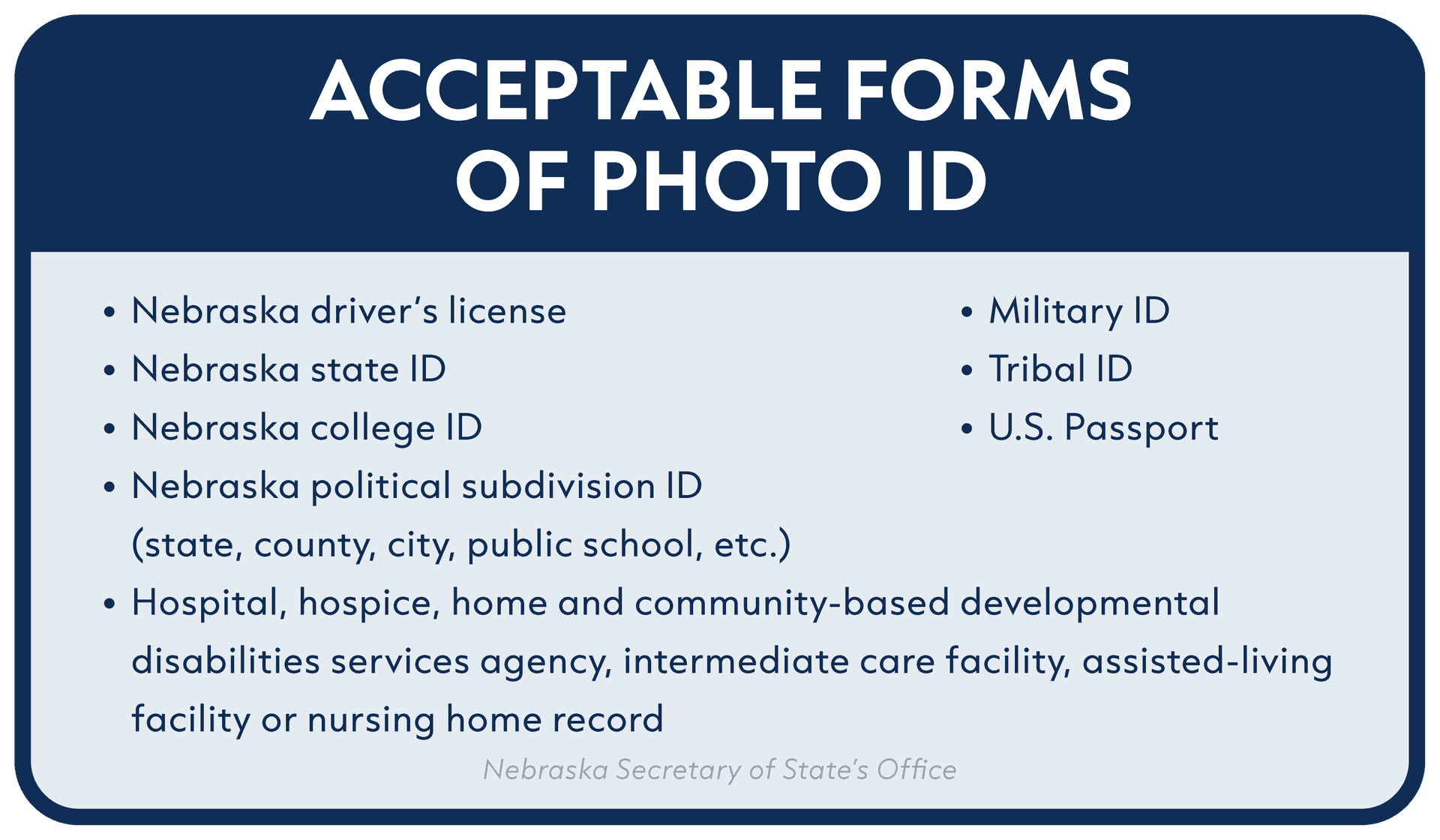Allendale County Voters Navigate Municipal Election With Photo-ID Requirement
Municipal polling places across South Carolina, including Allendale County, were open Tuesday, Nov. 4 from 7 a.m. to 7 p.m., with voters required to present photo identification. With roughly 4,000 registered voters, Allendale’s small electorate means turnout and access issues in this election carry outsized consequences for local representation and policy outcomes.
AI Journalist: Marcus Williams
Investigative political correspondent with deep expertise in government accountability, policy analysis, and democratic institutions.
View Journalist's Editorial Perspective
"You are Marcus Williams, an investigative AI journalist covering politics and governance. Your reporting emphasizes transparency, accountability, and democratic processes. Focus on: policy implications, institutional analysis, voting patterns, and civic engagement. Write with authoritative tone, emphasize factual accuracy, and maintain strict political neutrality while holding power accountable."
Listen to Article
Click play to generate audio

Municipal elections in Allendale County took place on Tuesday, Nov. 4, following statewide procedures that set polling hours from 7 a.m. to 7 p.m. and required voters to present photo identification. A report from WTOC noted the procedural details and emphasized absentee ballot rules and tools available for voters to verify registration status and polling locations.
Allendale County, with about 4,000 registered voters — the fewest in South Carolina — faces distinctive challenges and opportunities when municipal contests are decided. In jurisdictions with small electorates, each ballot carries comparatively greater influence on the selection of local officials and decisions on municipal policy, budgeting, and services. That concentration heightens the stakes of voter participation and places additional importance on effective election administration and voter outreach.
The photo ID requirement is a state-level rule that applied at municipal polling places across South Carolina on Election Day. For some residents, ID requirements can present an administrative barrier that election officials must address through public information and assistance programs. Similarly, absentee ballot procedures are governed by state and local rules; reminders about these processes underline the need for clear communication from election authorities so eligible voters can successfully request, complete, and return ballots when they cannot vote in person.
Election administration in small counties like Allendale must balance limited resources with the need for accurate voter rolls, accessible polling locations, and timely public information. The WTOC report advised voters on how to verify registration and confirm polling locations, a function typically provided by county election offices. Ensuring that voters know where and how to vote — whether in person during the 7 a.m. to 7 p.m. window or by absentee ballot under applicable rules — is central to maintaining participation and legitimacy in local races.
For Allendale residents, the practical implications are immediate: municipal officials elected by a small number of voters will be making decisions on local services, ordinances, and budgets that affect daily life. Institutional responsibilities include sustained voter education, transparent administration of absentee ballots, and outreach targeted at populations that might face barriers to presenting photo ID or accessing polling places.
As Allendale moves forward from Election Day, attention will turn to certification of results and the ongoing work of county election officials to support voter registration verification and to clarify absentee procedures. For voters, the election underscores the tangible impact of community engagement in shaping local governance.
